Interview : “We Had Over 6,000 Cholera Cases, With 100 Deaths”
- Par Kimeng Hilton
- 21 sept. 2022 20:02
- 0 Likes
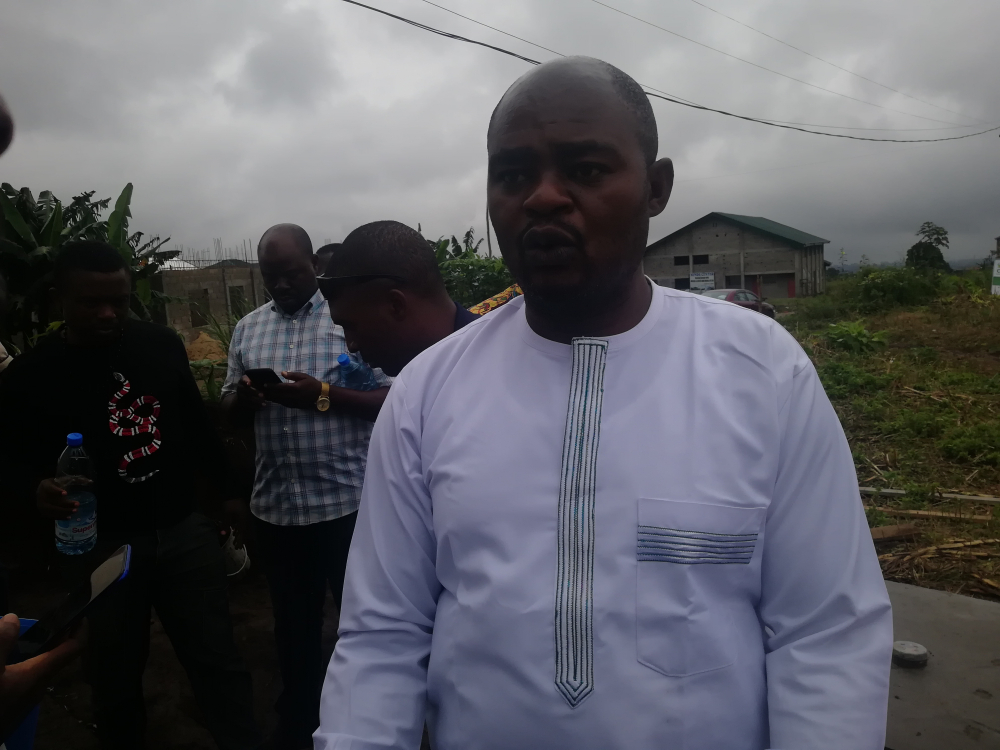
Dr Agwe Samuel is the South West Regional Coordinator of the Centre for the Fight Against Epidemics and Natural Disasters; and Assistant Incident Manager for Cholera Response in the South West Region. He discusses the recent cholera epidemic in the region
Why is UNICEF financing the construction of biofil toilets in some health districts of the South West Region this year?
We had an unprecedented cholera outbreak, with hospital beds filled and scores of patients receiving treatment on the floor in Tiko, Limbe and Buea health districts in the last four months. We had over 6,000 cases of cholera, with 100 deaths. For now, the epidemic is over. As we were responding to the outbreak, it became clear that some of the predisposing factors were the absence of toilets, drinking water, open air defecation and poor culture of hygiene and sanitation. We then proposed to government and partners the need to construct modern toilets to prevent another outbreak.
Some 40 public biofil system toilets funded by the United Nations Children’s Fund, UNICEF will be constructed in Fako Division of the South West Region – 20 in Limbe and 10 each in Buea and Tiko. All the toilets will cost about 25 million FCFA. It is collaboration between councils concerned and UNICEF. UNICEF will do the construction, while the councils will raise the walls and roof the toilets. The toilets need water for flushing and washing hands. Unfortunately, when the project was conceived, we did not take this into consideration. We will get back to UNICEF to see if they can provide the water.
In preparation for the construction of the toilets, a workshop was held in Buea. Who were the participants?
The Governor of the South West Region, Bernard Okalia Bilai, who is overseeing the project, invited the Regional Delegate of Public Health, and the Regional Delegate of Water Resources and Energy to take part in the workshop. As well as Bakassi, Limbe, Buea, Kumba, Tiko, Menji and Mamfe councils; and the six Divisional Delegates for Water Resources and Energy; 15 Non-governmental Organisations and various stakeholders to the training. In all, 30 people took part in the workshop.
Have the various communities been mobilised to make proper use of the 40 biofil toilets to be constructed?
It is an ongoing activity. Upon completion, the toilets will be handed over to councils and community people to manage. This is a community project and sensitisation is the key to its success. We want people to know that the toilets they have been asking for will soon be available; and they have to use them properly. People should not empty acidic or soapy water into the toilets, and they should also avoid throwing plastics and hard objects into them. The concerned councils will manage and maintain the toilets.
What innovation does the biofil toilet system bring, compared to what we have been used to?
I am also new to it, but I understand it is biofriendly and does not produce odour. As faeces enter the chamber, they are digested by enzymes, then filtered and emptied into the soil; making the whole process safe. This is important in cholera prevention because there are a lot of cholera organisms in faeces. These toilets will help us to fight cholera.
What of the cost of the biofil toilet?
The average cost of constructing it is not more than 500,000 FCFA. The system does not easily get filled. It takes three to four times the duration of the septic tank toilet. This means if the septic tank system lasts 10 years, the biofil will last at least 30 years. Moreover, the space taken up for the construction of the biofil toilet is half of what is used in constructing the conventional water system toilet.
When will the construction of the 40 biofil toilets begin?
The project requires community involvement, and the best way to do it is to create awareness amongst the people. Before each toilet is constructed, we will engage community people, traditional and religious leaders, as well as the council to be part of the process. This is to ensure that people properly use the toilets and effectively fight cholera. The construction of the toilets begins in October 2022 with 10 toilets in Buea Council; to be followed in November 2022 with 10 toilets in Tiko Council. It will be concluded in December 2022 with the remaining 20 toilets constructed in Limbe City Council.
In Limbe, we have directed that priority be given to Dockyard and Downbeach neighbourhoods. We have 5,000 fishermen in Dockyard with only one non-functional public toilet. Yet, a lot of roast fish is consumed there. In the evening, fishermen climb into their canoes and defecate into the ocean! Only for the counter-waves to flush back the water and fish to the beach! This is the same fish customers consume with relish! We want the practice to stop.
What else do you plan to do to prevent any further cholera outbreaks?
We will do another project to fight cholera. This will involve those who took part in the biofil workshop. We have already created a WhatsApp group to facilitate the process and hope to come up with the project in the next three months. This is only the first phase. We recently had cholera epidemic in 9 out of the 18 health districts in the South West Region, but the UNICEF-funded project is tackling only three...
Cet article complet est réservé aux abonnés
Déjà abonné ? Identifiez-vous >
Accédez en illimité à Cameroon Tribune Digital à partir de 26250 FCFA
Je M'abonne1 minute suffit pour vous abonner à Cameroon Tribune Digital !
- Votre numéro spécial cameroon-tribune en version numérique
- Des encarts
- Des appels d'offres exclusives
- D'avant-première (accès 24h avant la publication)
- Des éditions consultables sur tous supports (smartphone, tablettes, PC)







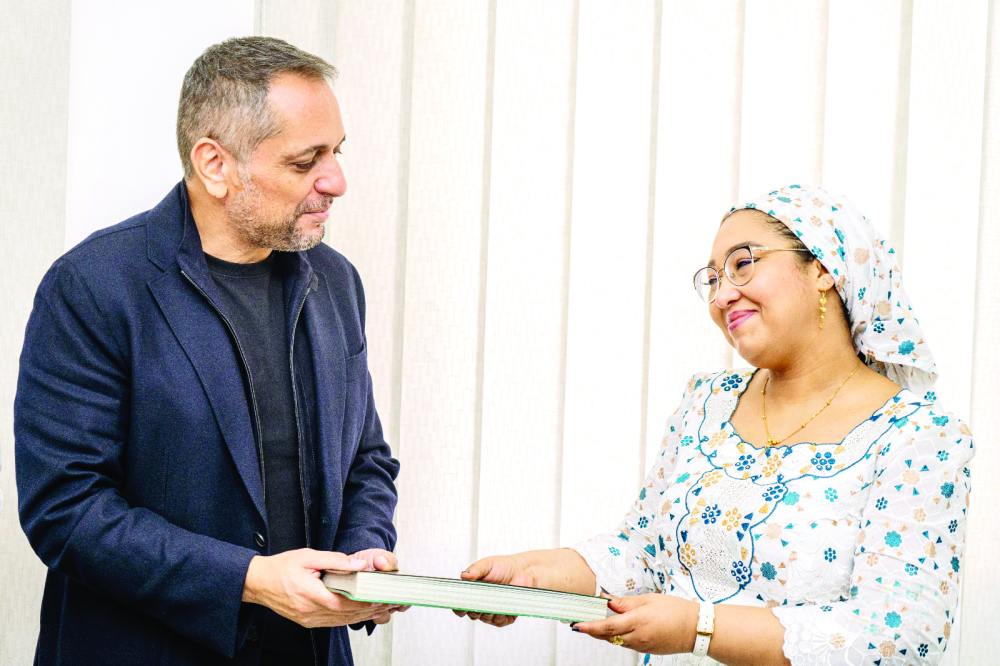
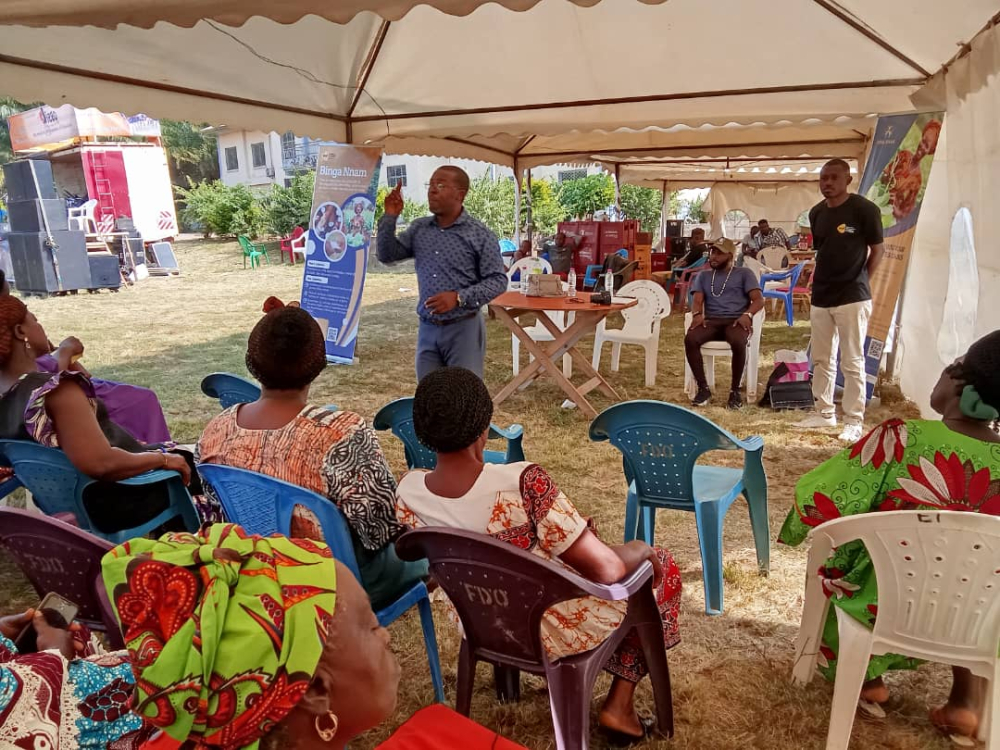

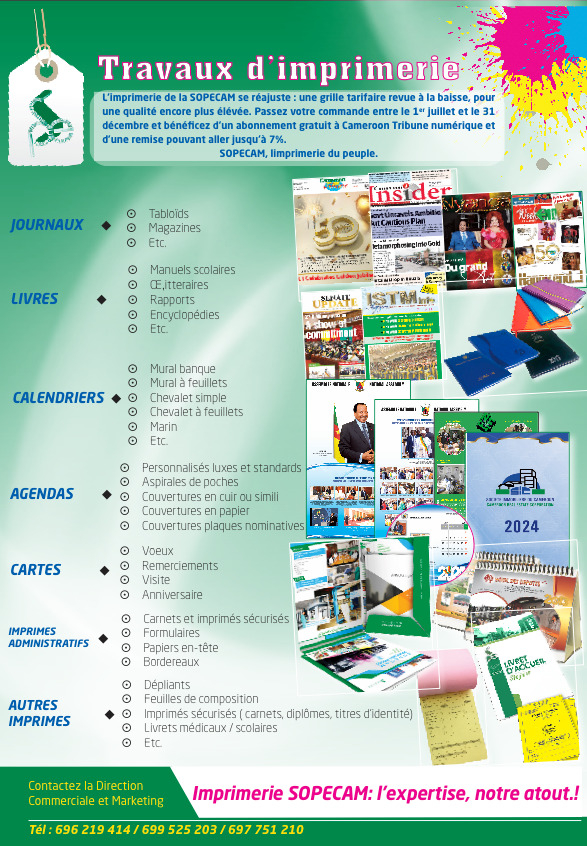
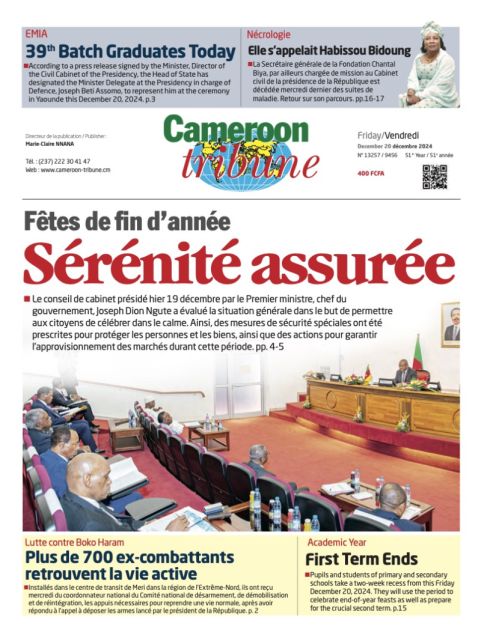




Commentaires